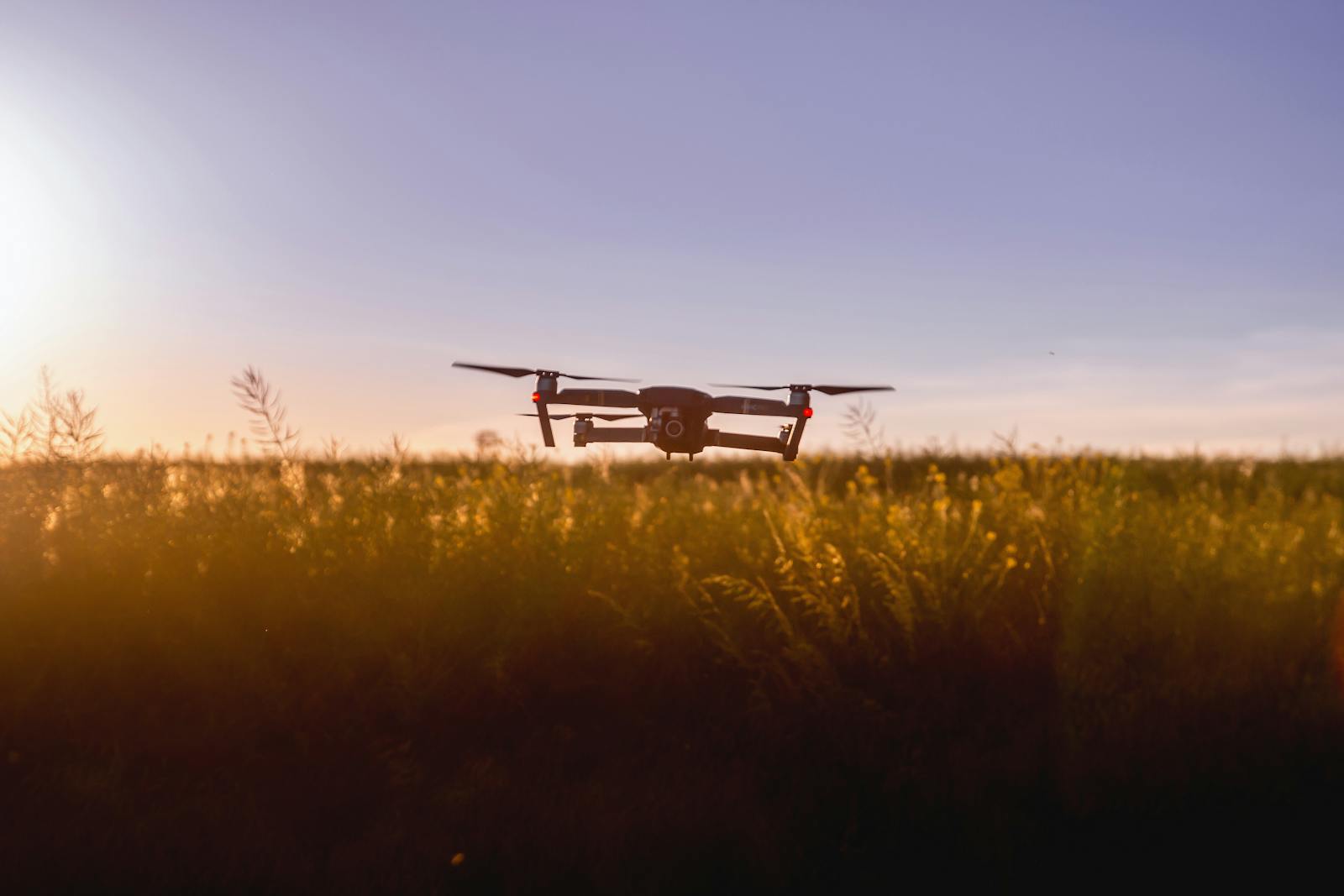In a bid to combat food insecurity in urban areas, the state of Missouri has authorized $500,000 for urban farming grants for the second consecutive year. While this news is welcomed by small growers like Darian and Nicolette Davis, who run an orchard in Kansas City's Swope Park, the grant application process remains a challenge for many.
Darian and Nicolette Davis, founders of the Kansas City Urban Farm Co-op, launched their farm in 2016 to respond positively to the unrest in Ferguson, Missouri, following the tragic killing of teenager Michael Brown by a police officer. Their orchard aims to provide fresh fruit to their community, addressing the issue of "food apartheid" – the systemic injustice of limited access to nutritious food in certain communities.
The program, which began in the 2020 fiscal year with a budget of $200,000, has been instrumental in addressing food insecurity in Missouri's urban areas. For the 2024 fiscal year, the state has set aside $500,000 for this purpose, with applications for the program now open.
However, for small urban farmers like the Davises, applying for grants can be a daunting task. Juggling the responsibilities of operating their orchard, taking care of their family, and managing other businesses leaves them with limited time and resources to navigate the complex grant application process.
Ami Freeberg at Cultivate KC, one of Kansas City's larger urban farming organizations, highlights the challenges faced by small farmers when it comes to accessing grant money. The reimbursement structure, along with the application and payout timelines, often does not align with the peak growing season, making it complicated for smaller agricultural enterprises to comply with the grant requirements.
To alleviate some of these difficulties, State Senator Barbara Washington, representing Kansas City, worked with agriculture officials to increase the state's share of grants to growers. The state now covers 75% of approved projects, allowing urban agricultural businesses to bear 25% of the costs.
Despite the obstacles, there are always more applicants for state funds than the available money can cover. Lawmakers and the Missouri Department of Agriculture are well aware of the challenges faced by urban farmers, especially those operating on a small scale, and have made concessions to support their endeavors.
Farmers who have received grants testify to the positive impact of state support. Anthony Nealy, founder of Global One Urban Farming in east Kansas City, emphasizes the importance of planning and managing deadlines for reimbursements. Support from the state has allowed Nealy to expand his farm and invest in youth programs, which prepare kids to start their own businesses.
While the state funding has made a difference for many farmers, advocates like Nealy hope for more emphasis on educational projects and urban farming, particularly benefiting people of color in Kansas City. Nealy believes that placing greater emphasis on helping Black and Hispanic communities in areas with the most need is essential.
With the grant application process underway, farmers like the Davises and many others in Missouri's urban areas are hopeful that the allocated funds will continue to make a positive impact on food insecurity and strengthen their efforts to create sustainable, resilient, and equitable food systems.

